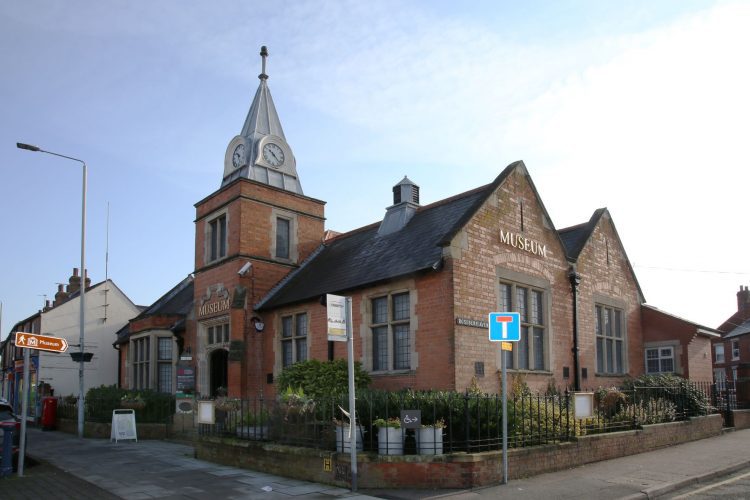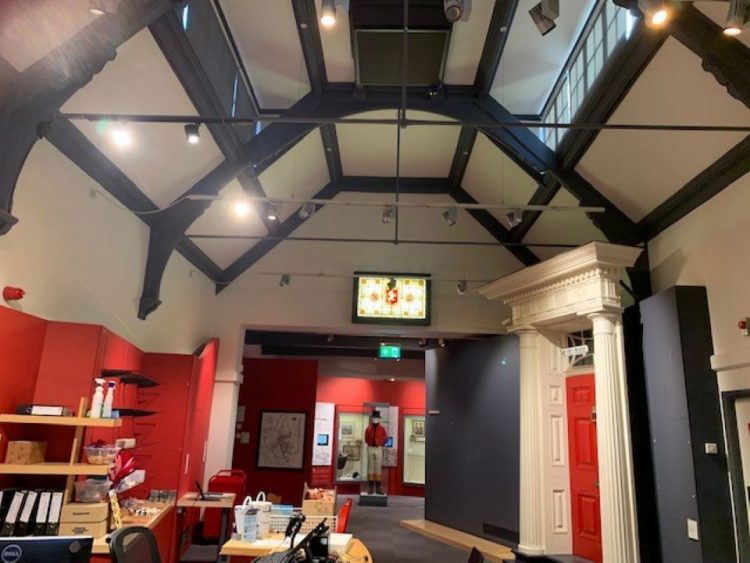MELTON Carnegie Museum is once again open and welcoming visitors, after a major improvement and redecorating programme.
The popular museum closed at the end of December to allow the works to be carried out, with many of the museum’s artefacts being removed, photographed, catalogued and stored while the work was carried out.
Last week, the museum reopened – giving visitors a first glimpse of its brighter and lighter new look.

Panels have been removed in the entrance, opening up the space and making it lighter and more welcoming. The walls and ceiling have been painted white to lighten the space and highlight the original features of the historic building, which dates back to 1905.
The exhibition galleries have also been transformed, with lighter walls, painted floorboards and panelled backboards making the space more authentic.
The works have been carried out to improve the experience for visitors to the museum, which recently received top marks following an inspection by national tourism body Visit England.
Melton Carnegie Museum scored an impressive 88 per cent, up from 82 per cent in 2019. The improvement works are part of an ongoing programme which will continue over the next few months and will see a number of updates and improvements to some of the displays and interpretation panels.
Cllr Christine Radford, Leicestershire County Council’s cabinet member for heritage, leisure and arts, said: “Melton Carnegie Museum is a wonderful showcase for the history and people of this vibrant market town and the wider borough, which attracts visitors of all ages from within the county and far beyond.
“The improvement works have made our gem of a museum an even more welcoming and attractive place to visit.”

Melton Carnegie Museum features displays on the history of the town’s famous cheese, pork pies and much more.
Museum galleries include Melton Through the Ages with Anglo Saxon and Viking archaeology and paintings by the sporting artist John Ferneley, the history of fox hunting, recreations of traditional shops and trades, and the changing countryside in the 20th century.
More information is available at: www.meltonmuseum.org



